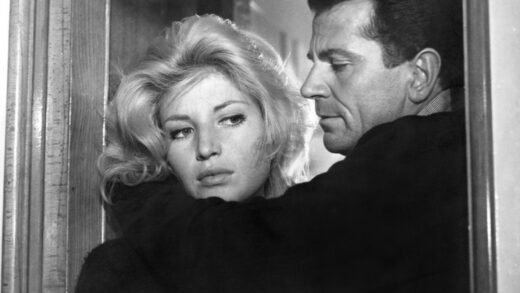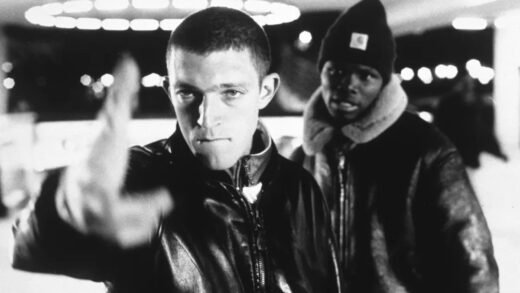The May reading and viewing. Such a terribly long month. Rode 539 miles, over 42 hours. Mostly road, as you might guess. Been more into that as of late, although I confess learning of tire particle pollution has checked my zeal.
Read most of Dubliners during May, which was a delightful experience. A different story a night. Although I was so certain that I’d read “The Dead” before, this reading was more salient than the previous ones. Whether that is because of my reading of Ulysses or something else, I do not know.
I watched most of the series Peaky Blinders … eh …
The best of May 2022:
- One Crazy Summer, by Rita Williams-Garcia
- Dubliners, of course
- Wheel of Fortune and Fantasy, by Ryusuke Hamaguchi
Others, like Michael Clayton and Birth of a Nation, are interesting. The former, however, I conclude is a sort of Frankenstein of a film that was conceived on the editing floor (were there still such a thing) and not in the mind of any director).
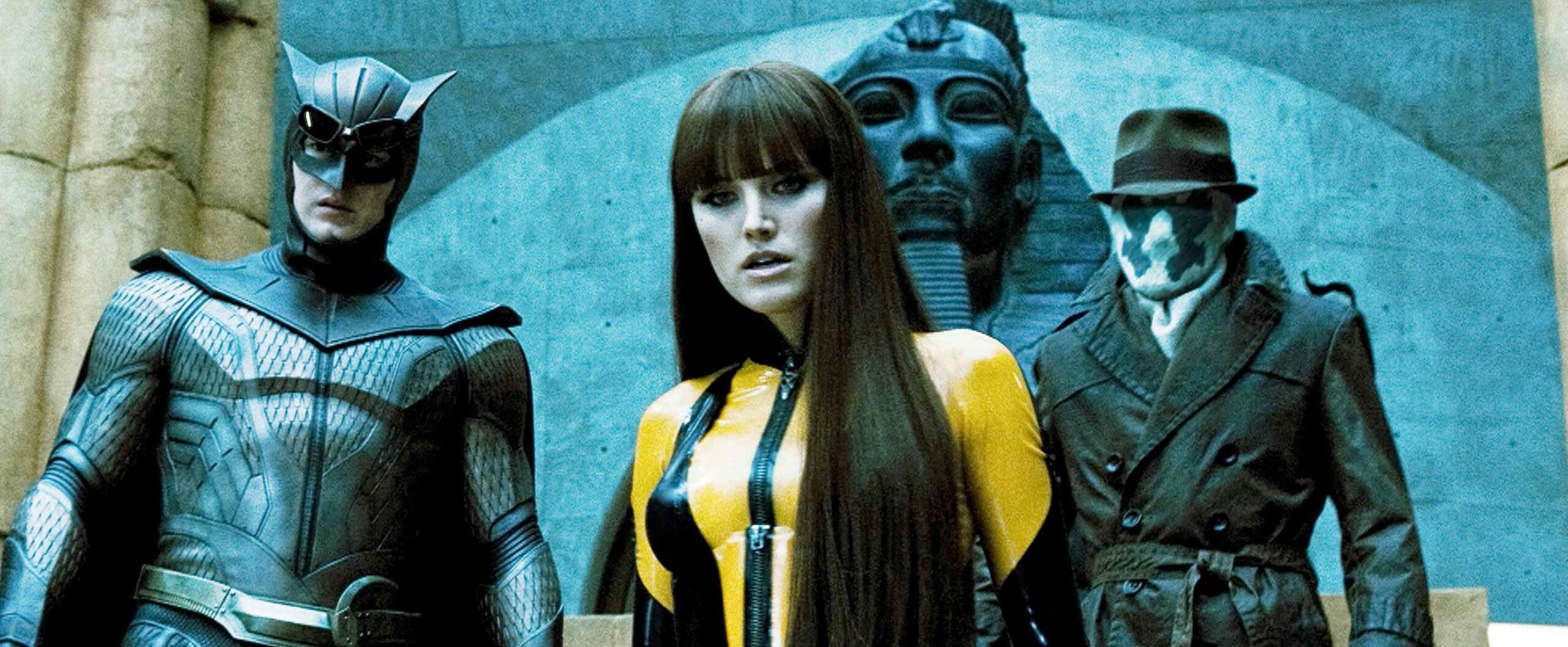
Watchmen I still hold to be the best adaptation of a comic book/graphic novel to film. While it seems like that transition would be natural, the MCU is a testament to the various ways to fuck it up. Yet this time, the acting seemed the most wooden. Rorschach ends up stealing the entire show. It’s not surprising that he is the narrator. And his reactionary politics …
5/1
— James Joyce, Dubliners, “Araby“
— Birth of a Nation (1916)
Sort of embarrassed about having never actually sat through this entire film before. The last time I saw part of it was back in the 1990s in Syracuse, New York, at a screening by the now Professor Emeritus Steven Cohan. Although I was part of the English department — a green Master’s student — I never took any classes with him. I wish that I had.
— James Joyce, Ulysses, 10 pp.
What is there to know about Birth of a Nation?
Birth of a Nation was released in 1916. It was directed by D.W. Griffith and starred Lillian Gish, and was hugely successful. The word hugely here is probably not strong enough. Everyone wanted to see this film. It made Griffith and the author of the book on which it was based, Thomas Dixon Jr., very, very rich.
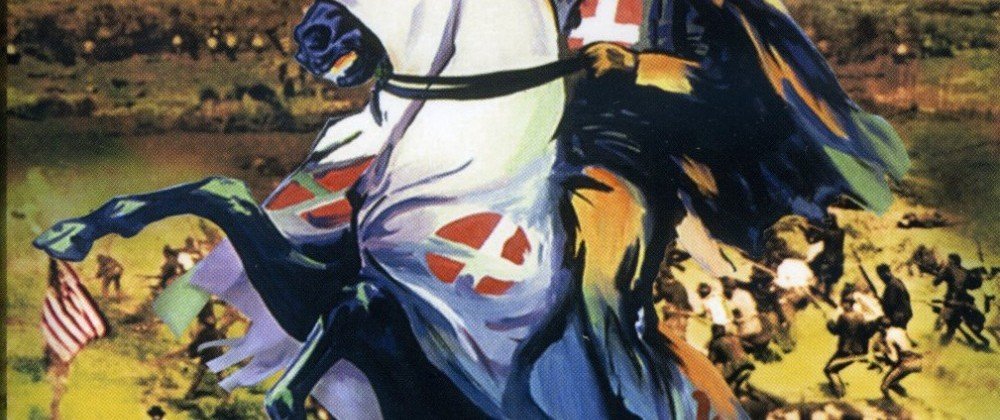
Birth of a Nation is a very technically-astute film that unapologetically white washes racism, the antebellum South, the Civil War, and the Reconstruction period in general. To be brief, it is extremely racist.
So put those two things together and draw a conclusion: huge commercial success and very racist film.
In other words, Americans at the beginning of the 20th century were ravenous for good racist movies that told them a story justifying slavery.
5/2
— Peaky Blinders, 2.3
— The Gentlemen (2019)
The most recent film from the erstwhile Madonna husband and British film director Guy Ritchie. This film stars Matthew McConaughey, Charlie Hunnam, Colin Farrell, and Hugh Grant. The story follows a drug kingpin (McConaughey’s character) who wants to exit his incredibly profitable business to become legit. A number of obstacles stand in his way.
Am of the opinion that all of Ritchie’s films are essentially the same film, with certain exceptions. He’s most well-known for Snatch (2000), which is undoubtedly an entertaining if gruesome film. Colin Farrell is well suited for his role. McConaughey has a little bit of trouble being one of Ritchie’s normal hero rogues (Jason Statham also excelled in these roles). Hugh Grant is a villain of sorts and entertaining.
—Joyce, Ulysses, 10 pp.
5/3
— Joyce, Ulysses, 15 pp.
Begun the section (Episode 14) known as the “Oxen of the Sun,” which I generally find very hard to read.
— J.J.’s Ulysses, 5 pp.
5/4
— Peaky Blinders, 2.4-6
— Ulysses, 10 pp.
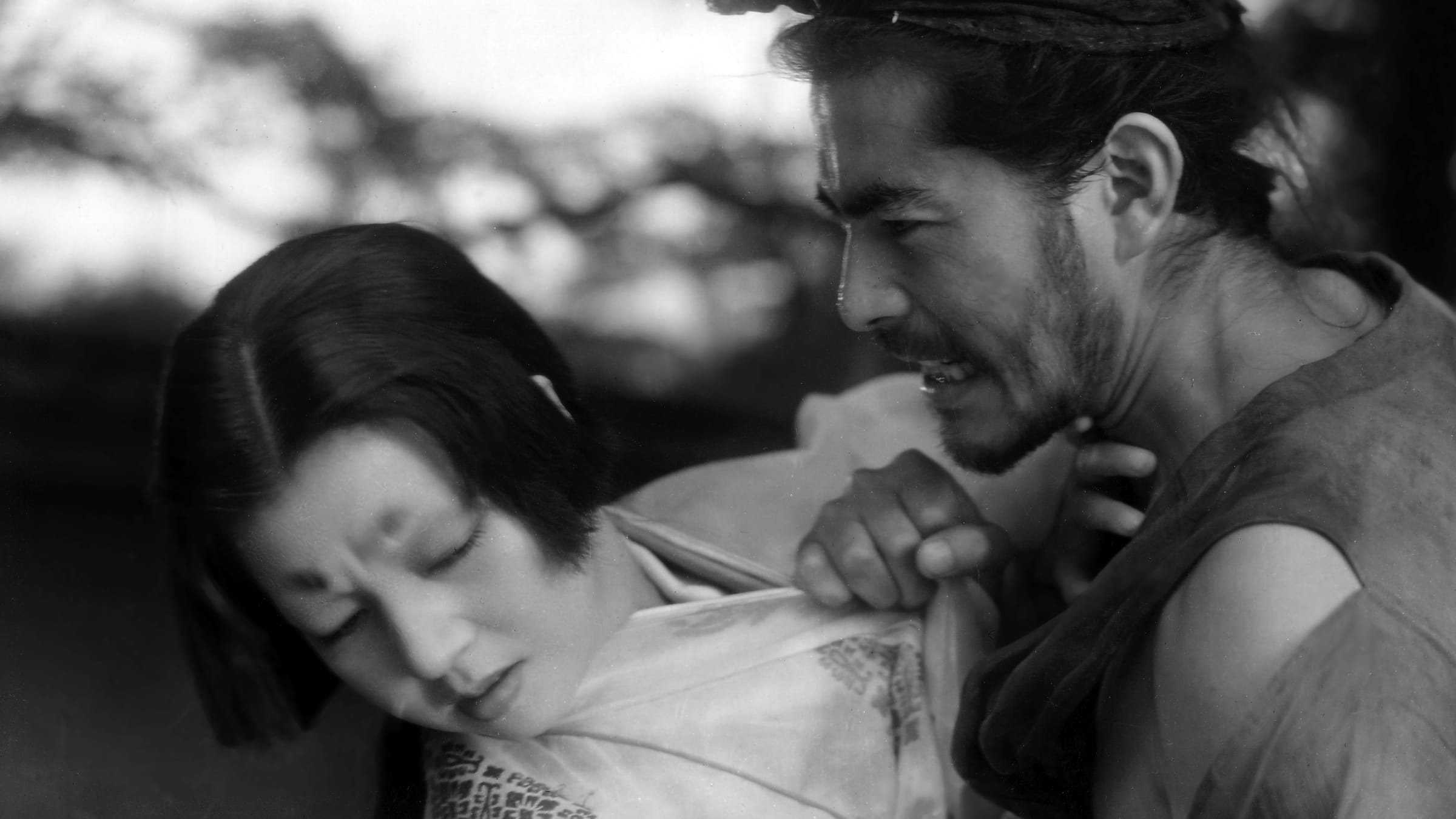
5/5
— Rashomon (1950)
Perhaps the most well-known of all Kurosawa films, maybe even held to be the quintessential Kurosawa film. Stars Toshiro Mifune, Machiko Kyō, Masayuki Mori, and Takashi Shimura.
Have not watched this film in maybe 20 years, but learned that Forest Whitaker‘s character in the 1999 Jim Jarmusch film Ghost Dog carried around a copy of the book containing the short story “Rashomon” on which the film was based. Having not read that, I thought maybe I was missing something.
Truth: I think little of this film, both in relation to other Kurosawa films and in general.
— Peaky Blinders, 3.1
— Dubliners, “Eveline,” “After the Race”
5/6
— Peaky Blinders, 3.2-3
— Exupéry, The Little Prince, 25 pp.
— Dubliners, “The Boarding House”
— Ulysses, 2 pp.
5/8
— Peaky Blinders, 3.4-6
— Dubliners, “A Little Cloud”
5/9
— The Color of Money (1986)
Directed by a younger (I don’t know what that means) Martin Scorsese and starring Paul Newman, Tom Cruise, and Mary Elizabeth Mastrantonio, among others.
Observation #1: Tom Cruise is really good in this film.
Observation #2: Scorsese has sanctified the tragedy of 1980s fashion in this and other films (Casino [1995]).
— Dubliners, “Counterparts”
5/10
— Peaky Blinders, 4.1
— Ulysses, 3 pp.
5/11
— Peaky Blinders, 4.2
— Dubliners, “Clay,” “A Painful Case”
“A Painful Case” is a fascinating sketch of a series of emotional responses to the death of another person, when the protagonist learns that a married woman with whom he’d developed a meaningful, albeit Platonic relationship arrived at her death and their relationship may have indirectly led to it.
— Ulysses, 3 pp.
5/12
— Peaky Blinders, 4.3-5
5/13
— Peaky Blinders, 4.6
— Dubliners, “Ivy Day in the Committee Room”
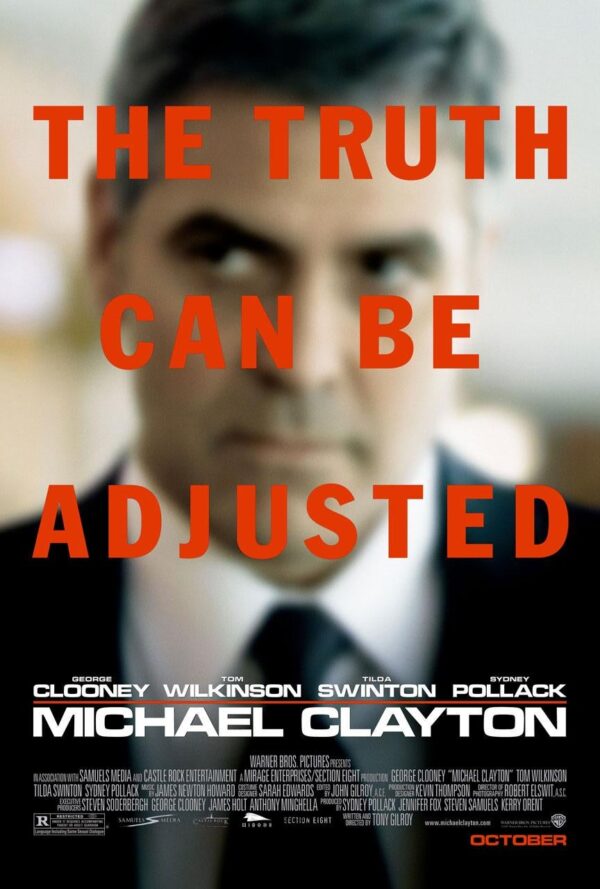
In-theater poster for the film Michael Clayton.
It’s somewhat ironic that this phrase covers an image from the film because in turn it really has nothing to do with what the film concerns.
5/14
— 42 (2013)
— Rita Williams-Garcia, One Crazy Summer, 20 pp.
Lucian read this book with his fifth grade class during the fall semester. It’s a fascinating and funny, yet also quite sad, story about three sisters finally meeting their estranged mother.
One theme concerns the power that parents have in naming their children — it may be an understatement to say this is merely a theme — and the effects of that power. This theme and its treatment were especially salient for me because my name is Ashley, yet I’m a man. And the name Ashley was identified as a female name sometime in the late 1980s.
When I was in college I spent a semester in New York and apprenticed at a film editing and video production company (Valkhn Films, owned and operated by Victor and Alice Kanefsky, where I worked with Ross Kauffman). One day a guy came in whose name was also Ashley. When he met me, he was ecstatic because meeting another guy named Ashley had simply never happened.
— Dubliners, “A Mother”
— Ulysses, 5 pp.
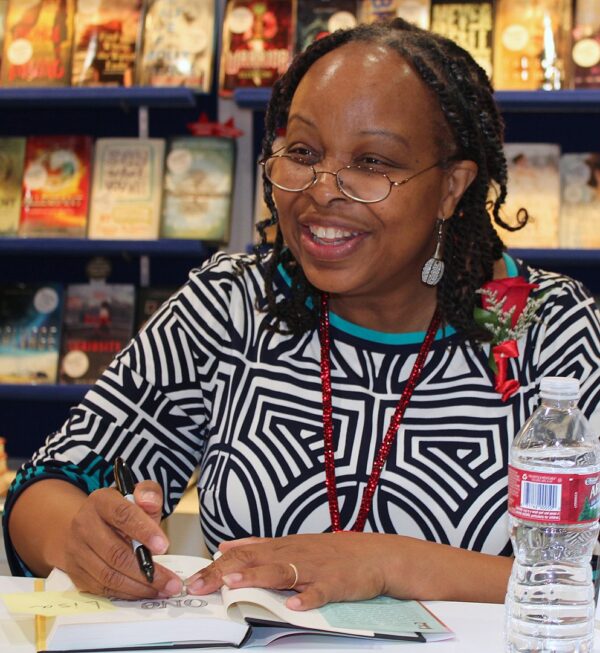
5/15
— One Crazy Summer, 60 pp.
— Michael Clayton (2007)
— Ulysses, 10 pp.
5/16
— Skyfall (2012)
— One Crazy Summer, 50 pp.
— Peaky Blinders, 5.1
5/17
— Finished One Crazy Summer
— Ulysses, 5 pp.
— Peaky Blinders, 5.2
5/18
— Peaky Blinders, 5.3
— Elevator to the Gallows (1958)
— Paul Schrader, The Transcendental Style in Ozu, Bresson, and Dreyer, 25 pp.
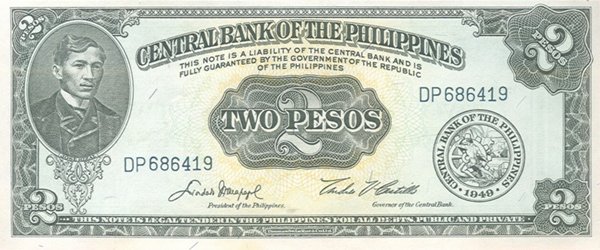
5/19
— Peaky Blinders, 5.4
— José Rizal, Noli Me Tangere, 30 pp.
— Dubliners, “The Dead”
5/20
— Peaky Blinders, 5.5-6
— An Autumn Afternoon (1962)
One of the last Ozu films. Turns out I’ve seen it before. Has a hilarious scene where the father encounters one of the men that he commanded on his ship during the war. They go to a local bar and enjoy a few drinks together. The barmaid/hostess offers to play the patriotic song “Warship March” and the drunken man marches around the tiny bar and salutes his commander and everyone else. It’s prolonged and the length is what makes it so funny (although the actor Daisuke Katō plays buffoonish roles in other films as well, for example Yojimbo).
5/21
— Noli, 30 pp.
— Ulysses, 5 pp.
— Watchmen (2009)
5/22
— Ulysses, 15 pp.
— Noli, 20 pp.
— Wheel of Fortune and Fantasy (2021)
5/23
— Ulysses, 10 pp.
— Noli, 15 pp.
5/24
— Noli, 35 pp.
— Dubliners, Introduction

